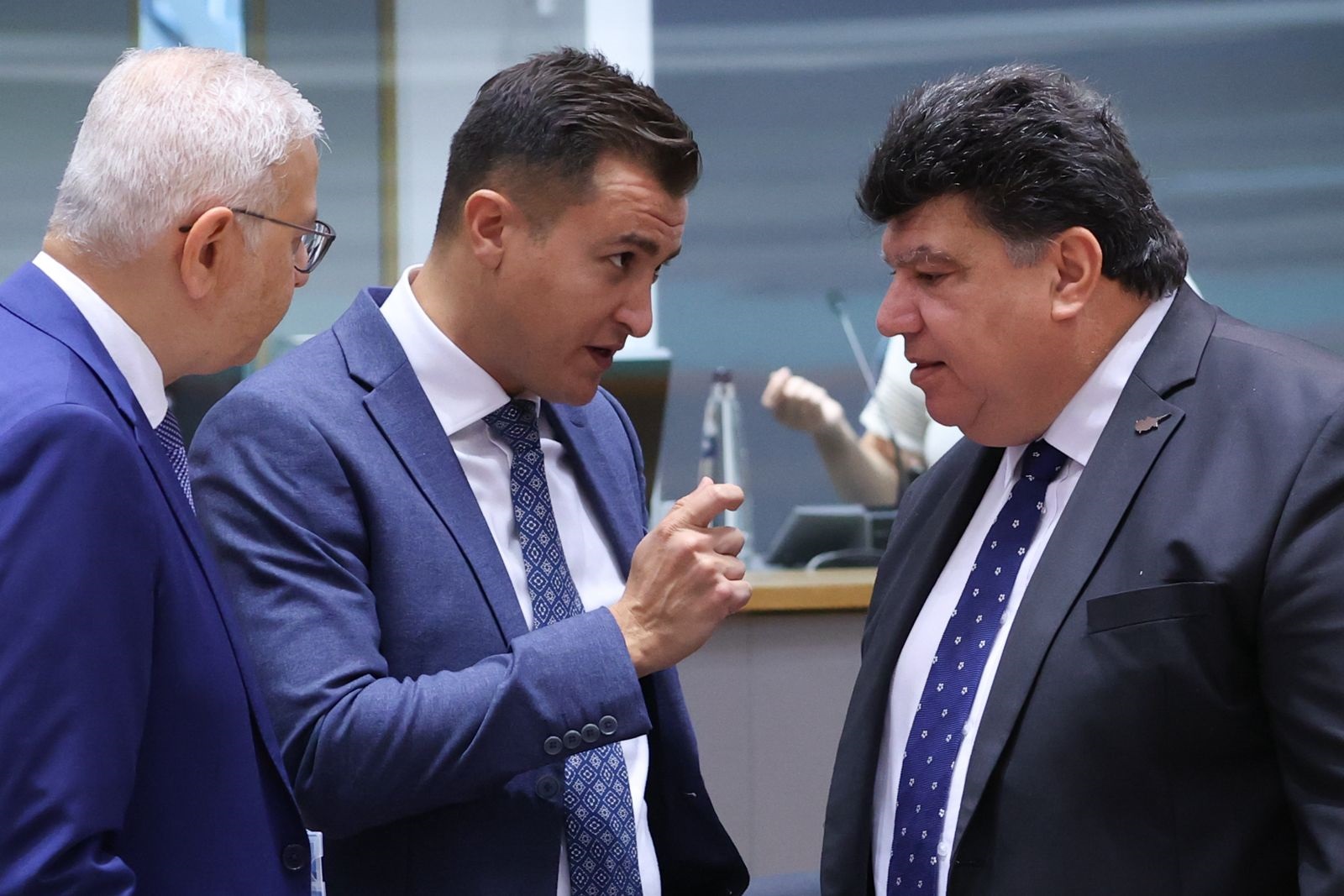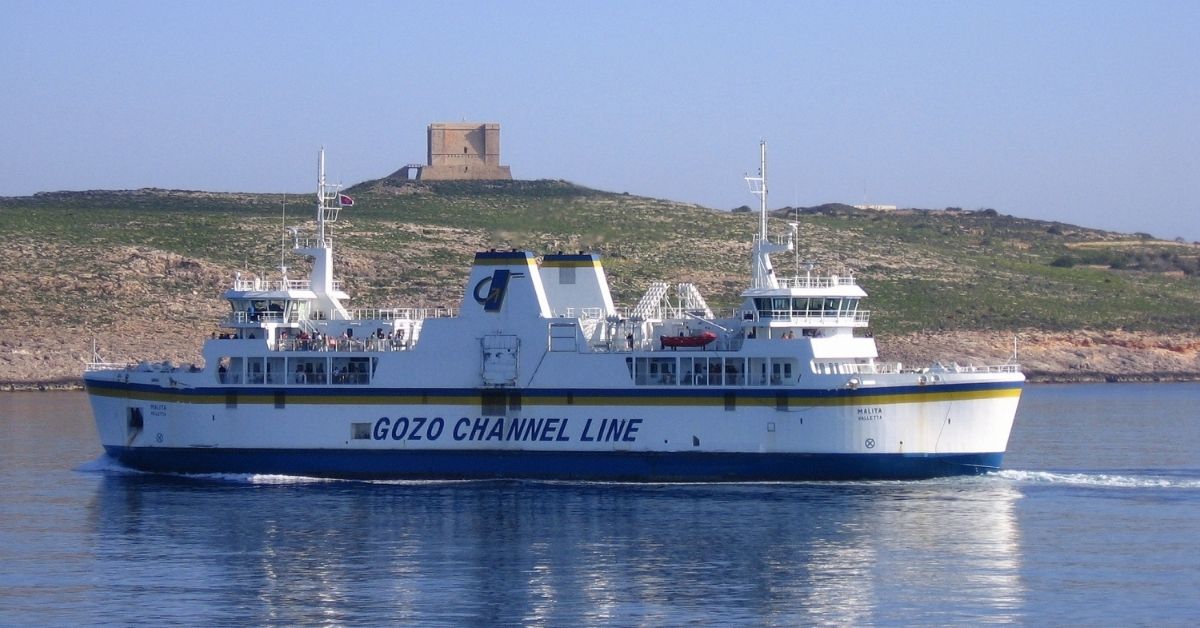Reliable, affordable, and efficient connectivity is essential for Malta’s economic security and sustainability, emphasised Minister for Economy, Enterprise, and Strategic Projects, Silvio Schembri, during a Council of European Ministers meeting in Brussels.
Minister Schembri highlighted that as an island nation reliant on external supplies, ensuring robust transport links via air and sea is crucial to safeguarding Malta’s economic stability and overall well-being.
Speaking at the Council, where the Draghi Report on the future of European competitiveness was a key topic of discussion, Minister Schembri stressed that the unique challenges faced by smaller island countries like Malta must be considered.
He noted that over 70 per cent of Malta’s consumption needs are met through imports, meaning any disruption to its maritime or air routes would have immediate and severe consequences on essential supplies, including food, energy, and medicines.
“Unlike our continental peers, Malta does not have the luxury of alternative transport routes such as railways or road networks,” he said.
“Our survival depends on maintaining uninterrupted air and sea connectivity. Therefore, it remains an absolute priority for Malta to have secure, affordable, and efficient connections.”
During discussions on the Draghi Report, which explores the future of European competitiveness and the challenges facing industries in the Single Market, Malta expressed support for cutting barriers to competition.
Minister Schembri endorsed the report’s call for a comprehensive overhaul of policies, particularly in key sectors such as energy, digitalisation, and advanced technologies.
He also advocated for the creation of a Second Chips Act and a new EU strategy for semiconductors to reduce reliance on non-European markets.
Addressing the EU’s decarbonisation goals, Minister Schembri highlighted the importance of balancing environmental sustainability with competitiveness. While supporting the push for decarbonisation, he underscored the need to ensure that this transition does not negatively impact the Single Market’s competitiveness. He also stressed the importance of equipping workers with the necessary skills in renewable energy, artificial intelligence, manufacturing, and digital infrastructure to prepare for the green and digital transitions.
Minister Schembri also raised concerns about the potential extension of Qualified Majority Voting (QMV) in sensitive sectors, arguing that such moves could disproportionately affect smaller Member States like Malta. However, he voiced strong support for reducing bureaucratic burdens and cutting reporting obligations by 25 per cent, as proposed in the Draghi Report.
Gozo cargo ship can cut traffic and Ċirkewwa queues, say business groups
'A much needed investment'
Inbound tourism reaches nearly 3.8 million visitors in first 11 months of 2025
Inbound tourist arrivals were estimated at 304,620 in November alone
Farmhouse once used by 1798 Maltese rebellion leader goes on sale for €2.5m
It once served as the headquarters of Vincenzo Borg, one of the leaders in the Maltese uprising against the French






